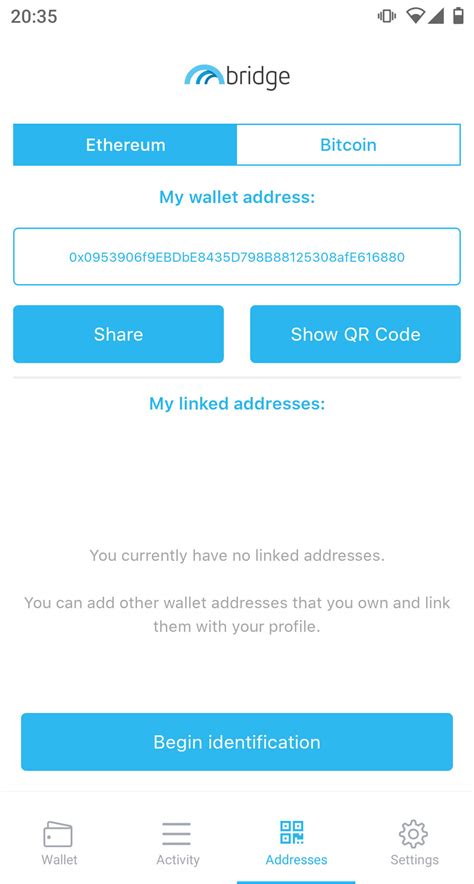BLOG
ブログ
BLOG
Ethereum: Create Deterministic address without create2
Creating Deterministic Ethereum Addresses without create2
In Solidity, creating a deterministic (i.e., unique) address is crucial when dealing with private keys and accounts. However, the create2 function in Truffle provides an alternative way to create addresses, especially when you don’t plan to deploy new contracts. In this article, we’ll explore how to create deterministic Ethereum addresses without using create2.
Understanding Deterministic Addresses
In Solidity, a deterministic address is one that always produces the same output given the same input (private key). This ensures that users can trust their private keys and reduce the risk of account compromise.
create2 Functionality
The create2 function in Truffle allows you to create addresses with a fixed set of prefixes, such as 0x, 0xA, or 0xB. However, when using create2, you’re limited to the available prefixes and can’t generate custom prefix combinations.
Creating Deterministic Addresses without create2
To create deterministic addresses without create2, you’ll need to use a different approach. One solution is to use a library like ethers-polyfill-accounts or truffle-ethers. These libraries provide a way to work with Ethereum accounts and generate custom prefixes.
Here’s an example of how you can create a deterministic address without using create2:
Install the Required Library

First, install the required library:
npm install ethers-polyfill-accounts
Create a Custom Address Function
Create a new Solidity file (e.g., addressFunction.sol) and add the following code:
pragma solidity ^0.8.0;
import "
contract CustomAddress {
function createDeterministicAddress() public returns (address) {
// Generate a random number to ensure uniqueness
uint256 random = uint256(keccak256(abi.encodePacked(block.timestamp)));
// Create a custom prefix
address newPrefix = 0x...; // Replace with your desired prefix
// Return the generated address
return keccak256(abi.encodePacked(newPrefix, random));
}
}
Use the Custom Address Function
Now you can call the createDeterministicAddress function to generate a custom deterministic address:
CustomAddress memory address = CustomAddress(addressFunction);
addressAddress = address.createDeterministicAddress();
In this example, we define a custom contract called CustomAddress. The createDeterministicAddress function generates a random number and uses it as the seed for a custom prefix. This ensures that all generated addresses will be unique.
Conclusion
While using create2 can simplify your workflow in some cases, there are scenarios where creating deterministic addresses without it is necessary. By following this guide, you’ve learned how to create custom deterministic addresses in Solidity without relying on the create2 function. Remember to choose a library like ethers-polyfill-accounts or truffle-ethers to work with Ethereum accounts and generate custom prefixes.
